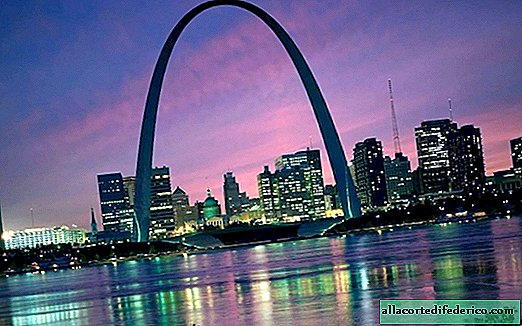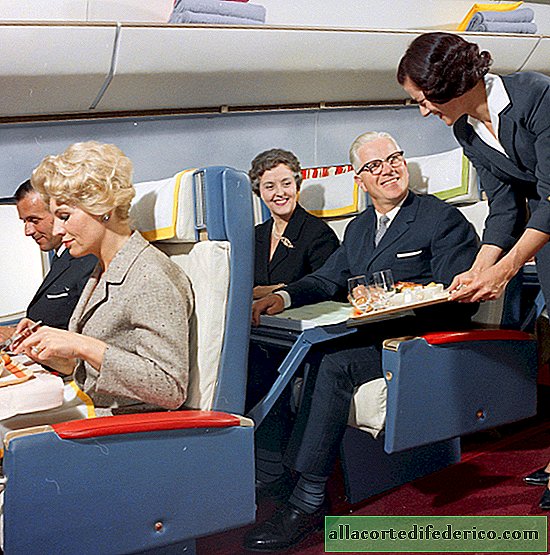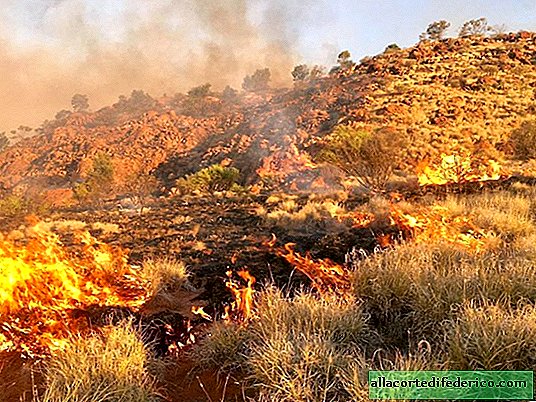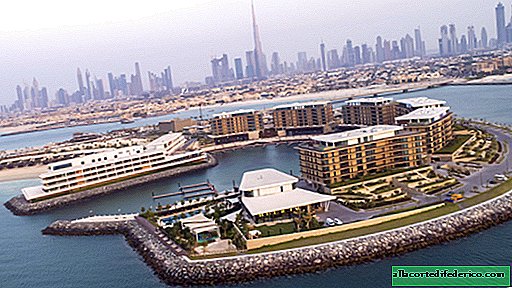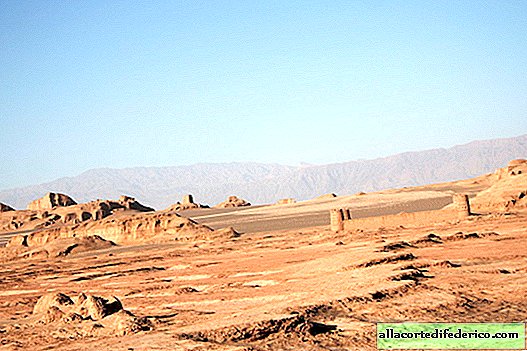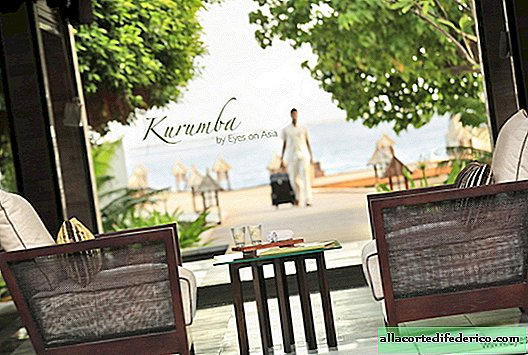Bali: Which taxis will they trick you into?
I recently told how a taxi driver in the capital of Chile deceived me and my friend by several tens of thousands. Unfortunately, when traveling, we often have to use taxi services, and taxi drivers often turn out to be crooks who are not opposed to breeding an inattentive tourist for a pretty penny. Each country has its own rules that can be followed to avoid fraud.

And, going to Bali, we repeatedly came across the advice of other tourists: on the island, you should trust only those taxi drivers who belong to the Bluebird Group company. But it was not so easy to calculate them!
The Indonesian company Bluebird has become famous for strictly controlling its drivers and taking any customer complaints seriously. It is based in Jakarta, the capital of Indonesia, and its recognizable color machines operate throughout the country. They look like this:

Each driver of the company must have a certificate, which he hangs out in a prominent place in the cabin.

All cars of the company are wearing such a soft blue color, logos on each side, and at the top of the windshield there will definitely be an inscription in capital letters: BLUE BIRD GROUP.

In short, it seems like you can’t make a mistake here! Grab the blue car and calmly go where you want.
But it was not there! It turns out that fraudulent taxi drivers also read online forums. Over the years, they have cut through the chip that all tourists trust only these “blue birds”. Therefore, more and more left drivers began to paint their cars in different shades of blue and blue, in the hope of catching an inexperienced client.

Today, a huge number of cars jostling in the wild traffic jams of southern Bali are blue-blue taxis, most of which have nothing to do with the original Bluebird!

Apparently, the laws forbid impostors to exactly copy the light blue color of the real "Birds", so they choose a variety of shades. But, fortunately for them, the word blue in English means both blue and blue, and for many tourists these fake cars look more blue than real ones.
In addition, rogues imitate other Bluebird symbols: logos with similar birds on the doors, a Taksi badge on the roof (also with a bird) and even an inscription on the windshield. Just imagine: while preparing for a trip to Bali, you read somewhere that the machines that you can trust will write the Blue Bird Group. And here in front of you is a taxi with the inscription Blue Taxi Group. Do you notice the difference? Remember how it really should be? Most probably not.

But there are, after all, even more cunning options! When the difference is not in the whole word, but in just one letter:

Watch your hands: change “D” to “O” and get the Blue Biro Group. Go see it on the go! There are plenty of such blue cars in the streets of Bali.

I am not saying that a rogue driver sits in each of them. Perhaps many of them will normally take you and will not require more than necessary. However, is it worth trusting a taxi driver who has made such an effort in advance to pretend that he is associated with a company with a good reputation, when in fact this is not so?
And so as not to get up twice, even about the Balinese taxi. If you leave crowded areas near the southern beaches, you may come across this sign: "Online taxi is prohibited here!"

What is an online taxi? I know everyone immediately thought about Uber. Yes, Uber and its Asian equivalent, Grab, do fall under these prohibitions. That is, you can come by such taxi services, but you can’t call them to take you away from here.

Local authorities require that tourists use only local transport for such trips.
And if you suddenly thought that the Blue Bird described above is considered local, then no matter how - more detailed signs forbid them too!

The thing here is the very narrow definition of the word "local" - this is not just the inhabitants of Indonesia, or even the inhabitants of Bali, but only the inhabitants of a particular town or village. Each locality has its own "transport service", which in fact is a taxi mafia.

The drivers of such "local" taxis are very zealous in protecting their territory, there are times when drivers of online services are beaten or broken by cars. As a result, it is almost impossible to call Uber or Grab into the protection zones of such "local" services. And drivers on the spot already take 3-4 times more expensive from tourists than an ordinary taxi.

The only plus of all this is that supposedly most of this money then goes in the form of fees to local communities. With their help, villages build schools and temples. At least I read it on the Internet. But it is not exactly.





